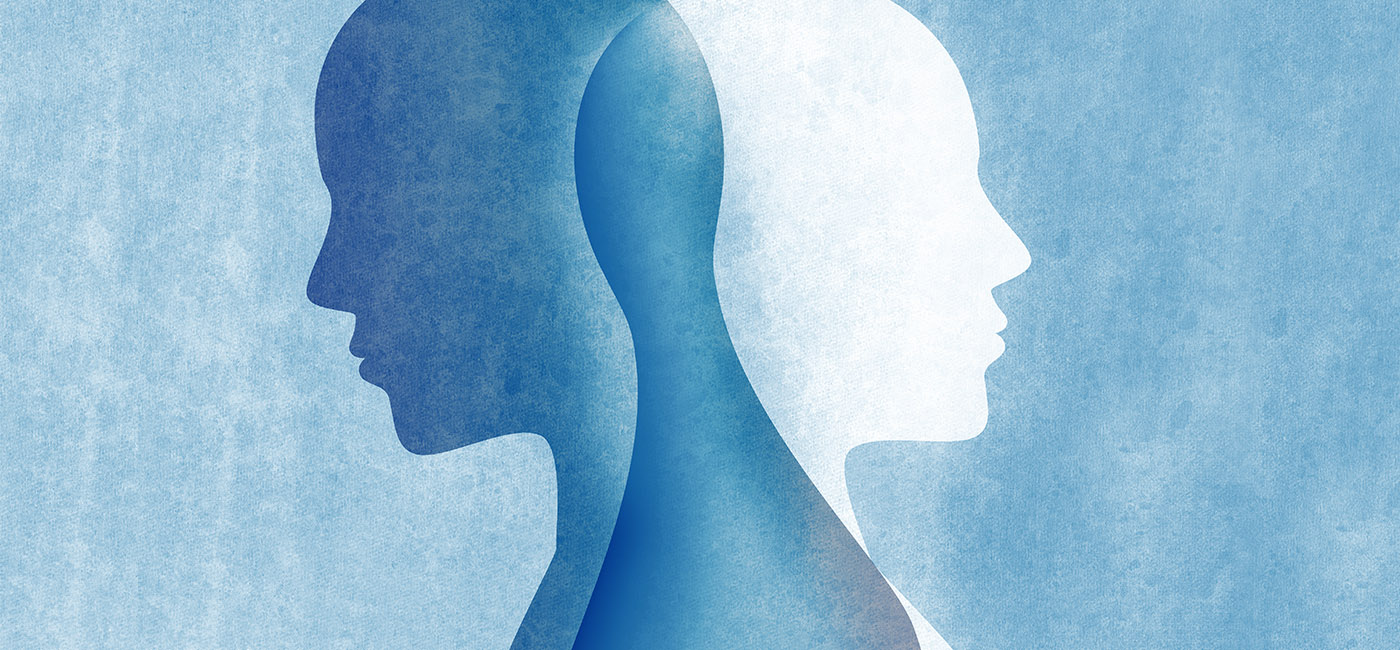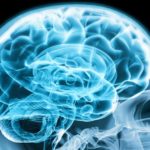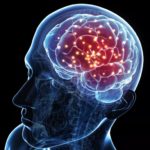In previous studies, childhood trauma has been linked to personality disorders, and new research, published in Acta Psychiatrica Scandinavica, provides more evidence.
In a study, initiated by researchers at the University of Manchester, patients with borderline personality disorder were 13 times more likely to have experienced childhood trauma, compared to people with no history of mental health adversities.
Borderline personality disorder is characterized by hallmark traits, like fear of abandonment, unstable interpersonal relationships, and mood swings. The condition, classified as part of Cluster B of personality disorders, is more prevalent in women than men.
For the study, researchers’ main objective was “to better understand the magnitude and consistency of the association between childhood adversity and borderline personality disorder (BPD) across case–control, epidemiological and prospective cohort studies,” according to the findings.
To do this, researchers analyzed the data of more than 5,000 people from 42 international studies. In those studies, researchers noted that the majority of patients with a severe mental health condition had gone through at least one form of traumatic experience, like emotional or physical abuse.
From the findings, Filippo Varese, a researcher at the University of Manchester, stated, “During childhood and adolescence, our brain is still undergoing considerable development and we are also refining strategies to deal with the challenges of everyday life, and the negative feelings that come with them.”
“In some people who have experienced chronic, overwhelming stress in childhood, it is likely that these responses do not develop in the same way. People can become more sensitive to normal stress. They are sometimes unable to deal with intense negative thoughts and feelings, and they might resort to dangerous or unhelpful measures to feel better, such as taking drugs or self-harming. This can lead to various mental health difficulties, including the problems commonly seen in people who receive a diagnosis of BPD.”
“We found a strong link between childhood trauma and BPD, which is particularly large when emotional abuse and neglect was involved.”
“Further research is needed to explore the complex factors also likely to be involved such as biology, experiences in later life, and psychological processes.”


